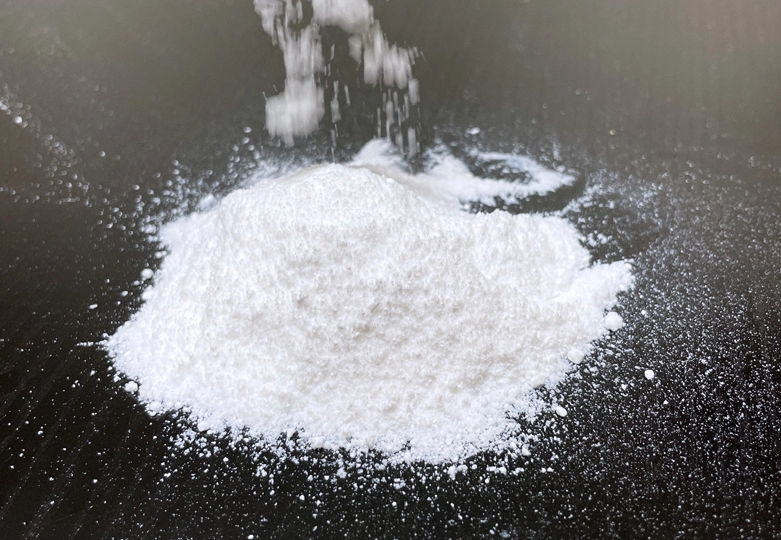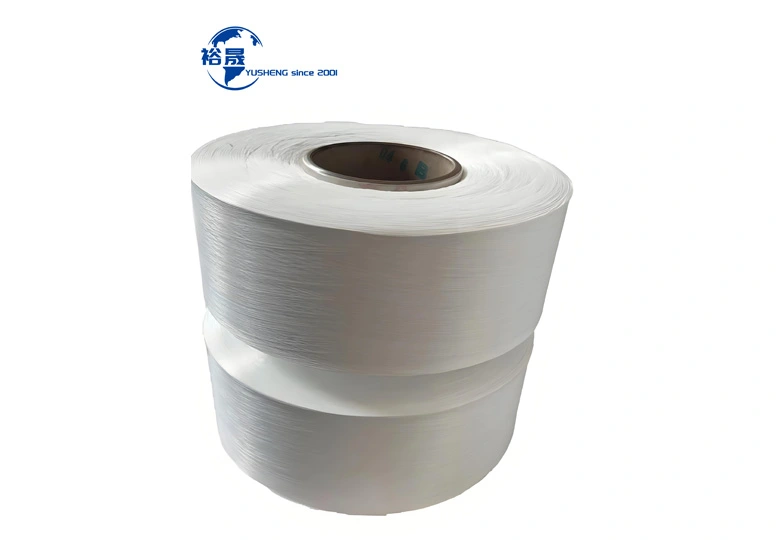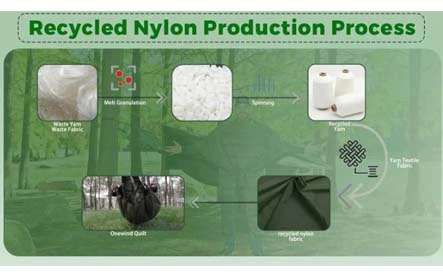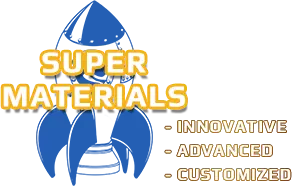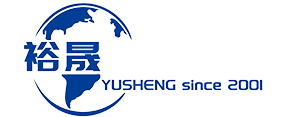
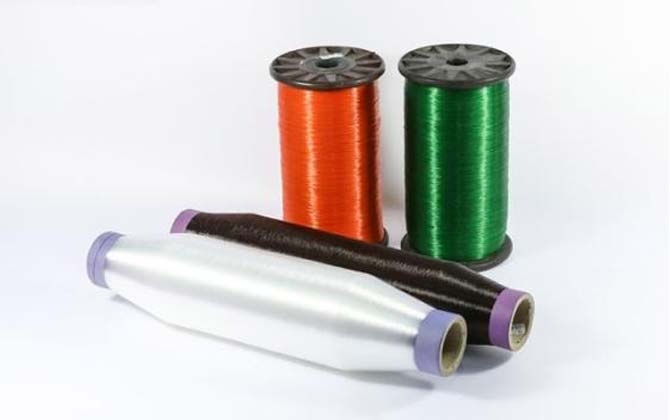
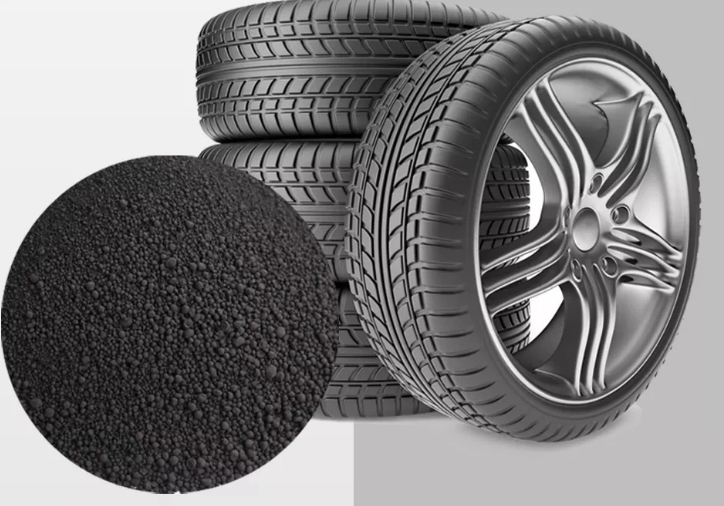
The carbon black market will grow at a CAGR of 9.9% between 2020 and 2026, reaching US$24.1 billion by 2026, according to a report by Lucintel, Four Trends Shaping the Future of the Carbon Black Market.
Against the growth expected, carbon black emits hazardous air pollutants (HAPs) including benzene as well as other organic HAP. Moreover, the furnace black process, which uses heavy aromatic oils as feedstock, has traditionally produced the majority of carbon black for tires. The thermal black process, which uses natural gas as feedstock, is a less common method.
Growing awareness of the environmental and health risks associated with exposure to these toxic pollutants, as well as the urgency to use renewable feedstock and processes, are allowing for a shift to more renewable carbon black.
The rubber raw materials sustainability is not a new topic, but discussion has increased in tandem with discourse about climate change, according to UK consulting firm Smithers.
In its report titled The Impact of Sustainability on Carbon Black to 2041, Smithers identified four key technologies that it claims will develop over the next two decades and be widely adopted by OEMs: recovered carbon black (rCB) from waste tyres via end-of-life tyre (ELT) pyrolysis process; methane pyrolysis; renewable carbon black, which will use organic materials instead of petroleum feedstock; and circular carbon black, which will also use ELTs.
By 2041, it is projected that all four platforms will produce 1.98 million tonnes of these rubber chemicals, which is equivalent to about 20 conventional carbon black furnace lines.
Meanwhile, rCB technology can be up to 85% less carbon intensive compared to furnace black. Thermal processing is necessary for the recovery and preparation of rCB, so “it will never be completely carbon neutral,” the report said, adding that specifications and quality control still need to be established, and the current generation of rCB technology will need to be improved to produce harder blacks.
We Value Your Privacy.
Our website uses cookies to improve your experience. By clicking "Accept All Cookies", you agree to the storing of cookies on your device to enhance site navigation, analyze site usage, and assist in our marketing efforts.
 English
English 日本語
日本語 한국어
한국어 français
français Deutsch
Deutsch Español
Español italiano
italiano русский
русский português
português العربية
العربية tiếng việt
tiếng việt